Derrel
Mr. Rain Cloud
- Joined
- Jul 23, 2009
- Messages
- 48,225
- Reaction score
- 18,941
- Location
- USA
- Website
- www.pbase.com
- Can others edit my Photos
- Photos OK to edit
Gary A. said:That is so interesting ... that exactly matches how I still shoot, both with lenses and aperture.
Yeah...it's pretty interesting how news men, from your era, and this newer era, tend to go with what works the best, and which has worked for so,so long! I think it shows also that people are in general, more alike than they are different. It also shows the strong wide-angle bias in photojournalism, due mostly to the way the real world tends to work...a perp walk in Tel Aviv is pretty similar to one in Milan or Paris or NYC...same with a celebrity showing up at a red carpet event in Berlin or Miami or LA...
In today's world, there are now actually far fewer PJ cameras than there were in the 1960's...no Graphics, no Mamiya Press, no Rolleiflexes mixed in with Leicas and Nikons. Today, it's just two brands pretty much. And I mean, wow...like 92% of a whole year's worth of Reuters news images shot with either the 16-35-L or the 70-200?
What about the generalization the data shows? That 92% of Reuters news photos could be shot with just two specific lenses?




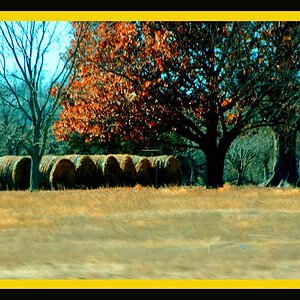
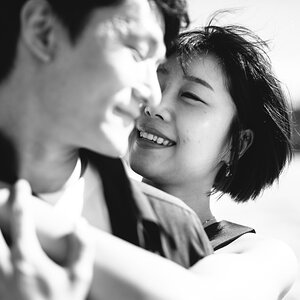
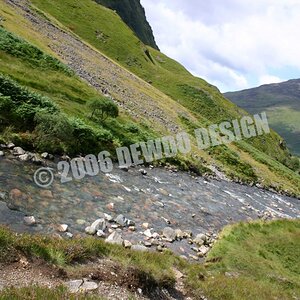
![[No title]](/data/xfmg/thumbnail/30/30987-a33ca8e90b5d786c21e59d37945b9cc6.jpg?1619734552)
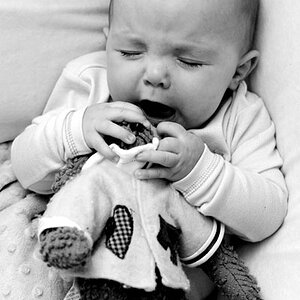
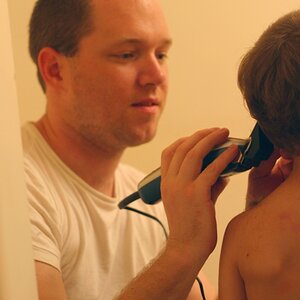
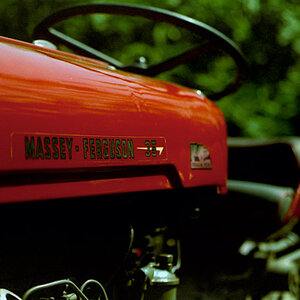
![[No title]](/data/xfmg/thumbnail/34/34148-864c8cb333c478b2dfb9e369908dc329.jpg?1619736320)
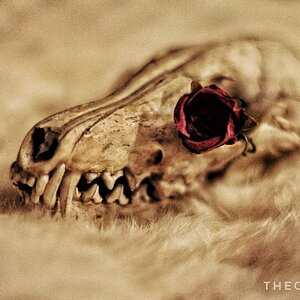
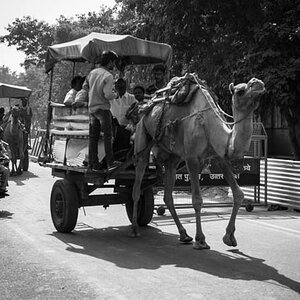
![[No title]](/data/xfmg/thumbnail/39/39292-4169a355b794ae9735845c4ad45d06ff.jpg?1619738958)